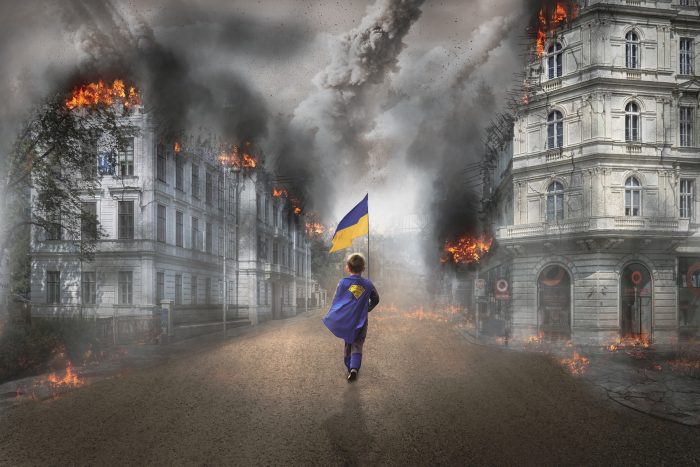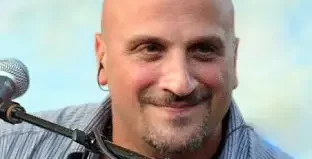Between You and Me: Hitler, Stalin and now Putin — History replays with a vengeance
By Leah S. Dunaief

The idea that wars would cease if countries were economically tied tightly together seemed to make sense to the world’s leaders immediately following World War II. It sounded like a reasonable premise. After all, why would any nation attack its neighbor if its economy depended on trading with that neighbor, right? In past centuries, wars were started to gain land and the riches they yielded.
Before the Industrial Age, economies were agrarian and depended on land ownership. But by the middle of the 20th century, a huge variety of goods could be exchanged across borders cheaply, especially with advances in transportation. Countries could be locked together by mutual profit rather than by expensive and bloody wars.
For more than 70 years, this theory actually worked in practice. Europe was a prime example. The British had already stopped fighting the French, who stopped fighting the Germans, who stopped attacking Slavic countries, and so on. Instead, they did business together, more or less peacefully, vacationed in each others’ mountains and on each others’ beaches and even formed what they called a European Union. It is not like the United States in that its 27 members must act unanimously or be expelled, but despite infighting, countries want to be in it. Once in, nations can enjoy more cheaply the fruits of economic transactions and a certain amount of financial support.
The Russians were the world’s third largest producer of oil. They got some $123 billion of their export revenue from supplying crude oil to the rest of the globe, plus refined petroleum-like petrol and diesel at $66.2 billion, gas at $26 billion and coal at $18 billion (2019 figures), especially to neighboring European countries, including Ukraine. Russia was the largest exporter of wheat, plus iron and nickel, nitrogen-based fertilizers and a wide variety of raw materials.
If at war, Ukraine would halt its trade with Russia, which could affect Russia’s economy. So why would Russia start a war with its Ukrainian neighbor? It doesn’t make economic sense. There goes the theory that countries who trade together play nicely together. In fact, it is as if a bully in the schoolyard has begun beating up a smaller child who is supplying him with candy.
President Putin says he fears the encroachment of NATO and must have a buffer between Russia and the other members of the North Atlantic Treaty Organization that was organized expressly to defend against a possibly aggressive Russia. Churchill always considered Russia the biggest threat. Ukraine is not a member of NATO, nor of the European Union. Putin further says more that makes no sense about denazifying Ukraine.
One thing seems to be obvious. Putin is not trying to grab Ukraine for its GDP. His army is pursuing a scorched earth attack, destroying apartment buildings, hospitals, industrial plants and whole cities, as it tries to establish a land bridge between the Donbas in eastern Ukraine and Crimea, which Russia annexed in 2014. This would afford Russia uninterrupted access to the Black Sea, a goal of landlocked czars for centuries. But what he is really after is power.
Perhaps, Putin thought that his trade ties with other countries would keep them from interfering in his “special military operation” in Ukraine. No military riposte materialized after he grabbed Crimea. Perhaps he hoped his actions would serve to divide NATO members in their response to him. In fact, only Viktor Orban, the Prime Minister of Hungary, has refused to condemn Putin, straining what has been a Warsaw-Budapest alliance within NATO. On the opposite side of the spectrum, German Chancellor, Olaf Scholz, said that no one could assume Russia would not attack other countries given its violation of international law in Ukraine, and that he would support Finland and Sweden if they decided to join NATO. Scholz made his comments despite Germany’s dependence on Russia for most of its import of gas.
So much for the hope that economic ties peacefully bind.







